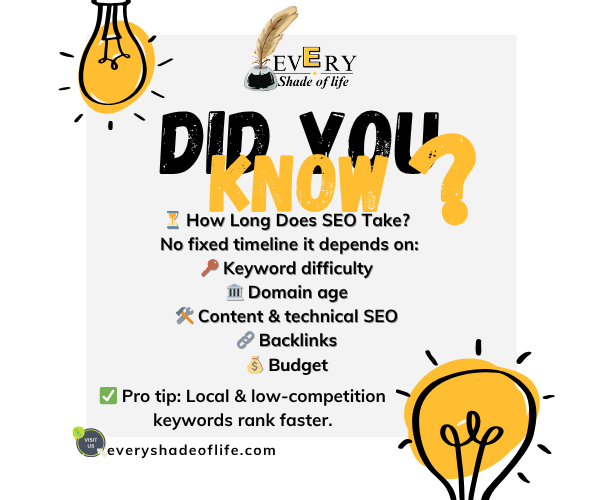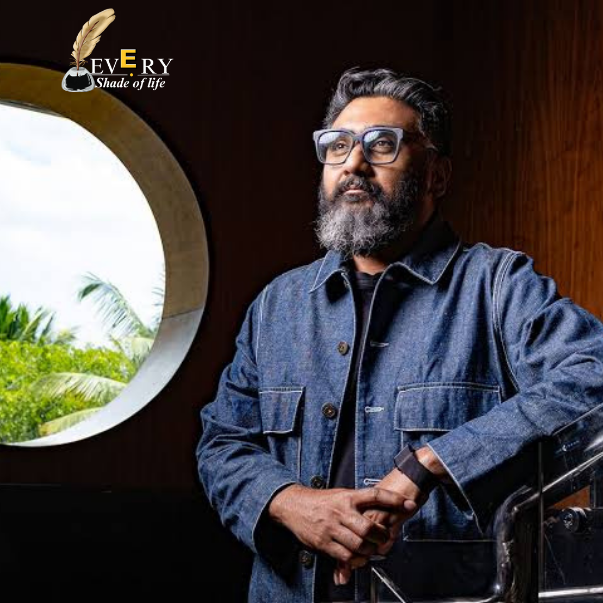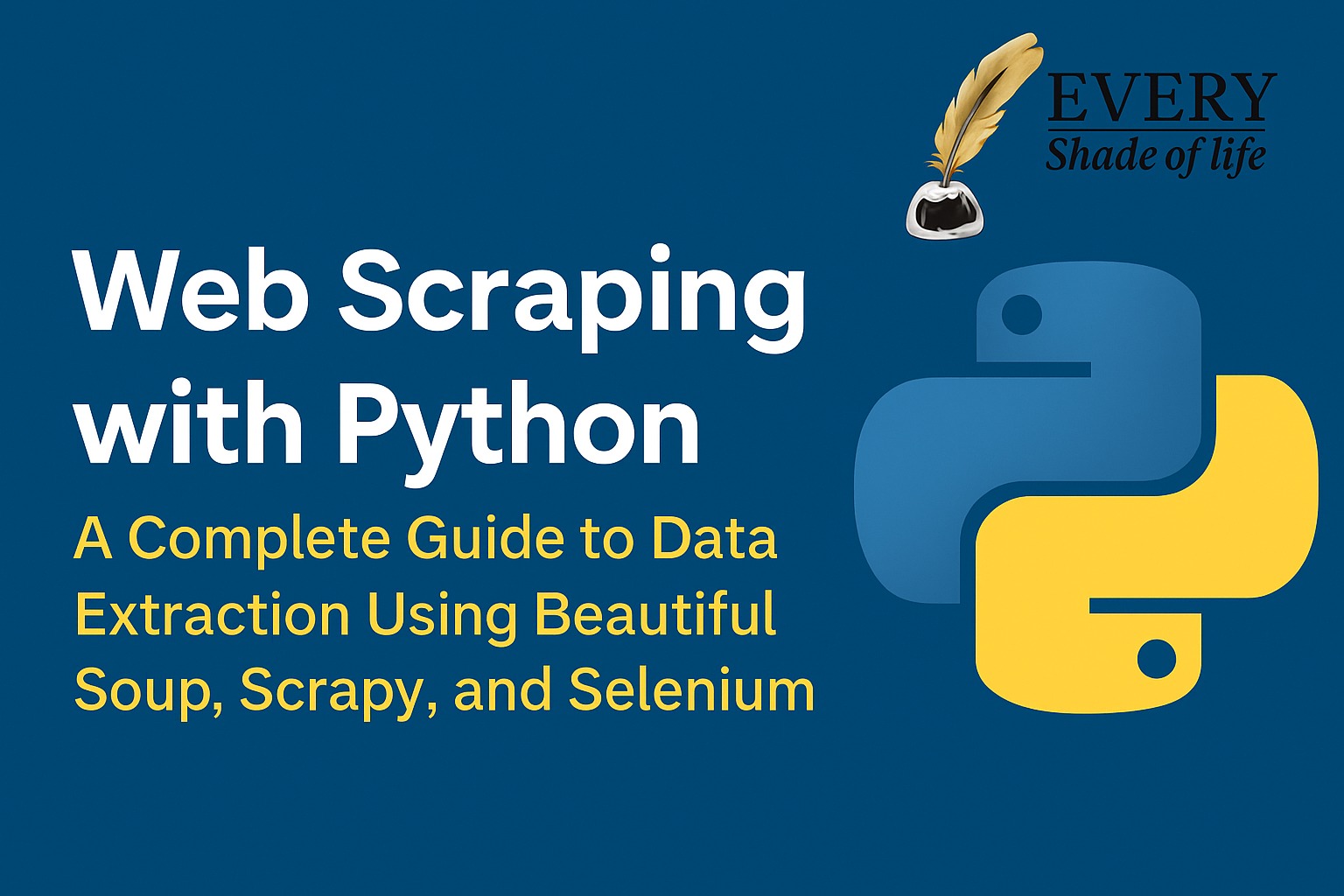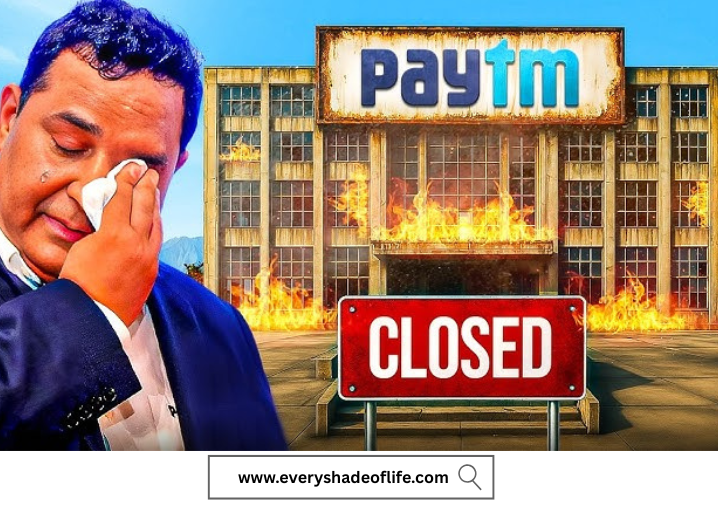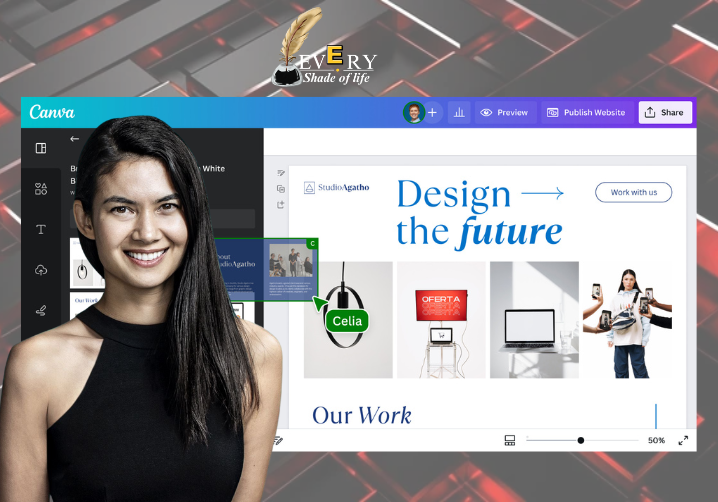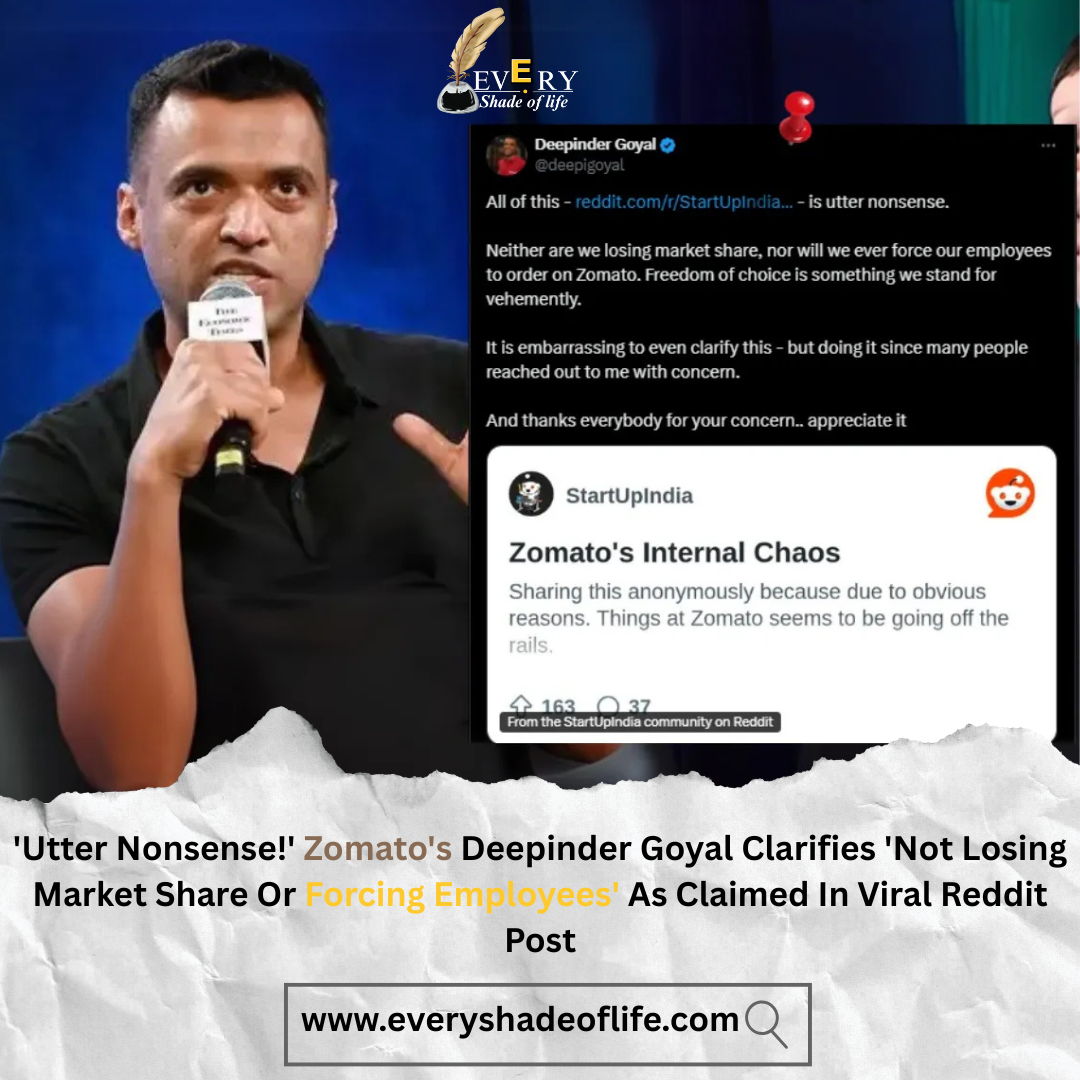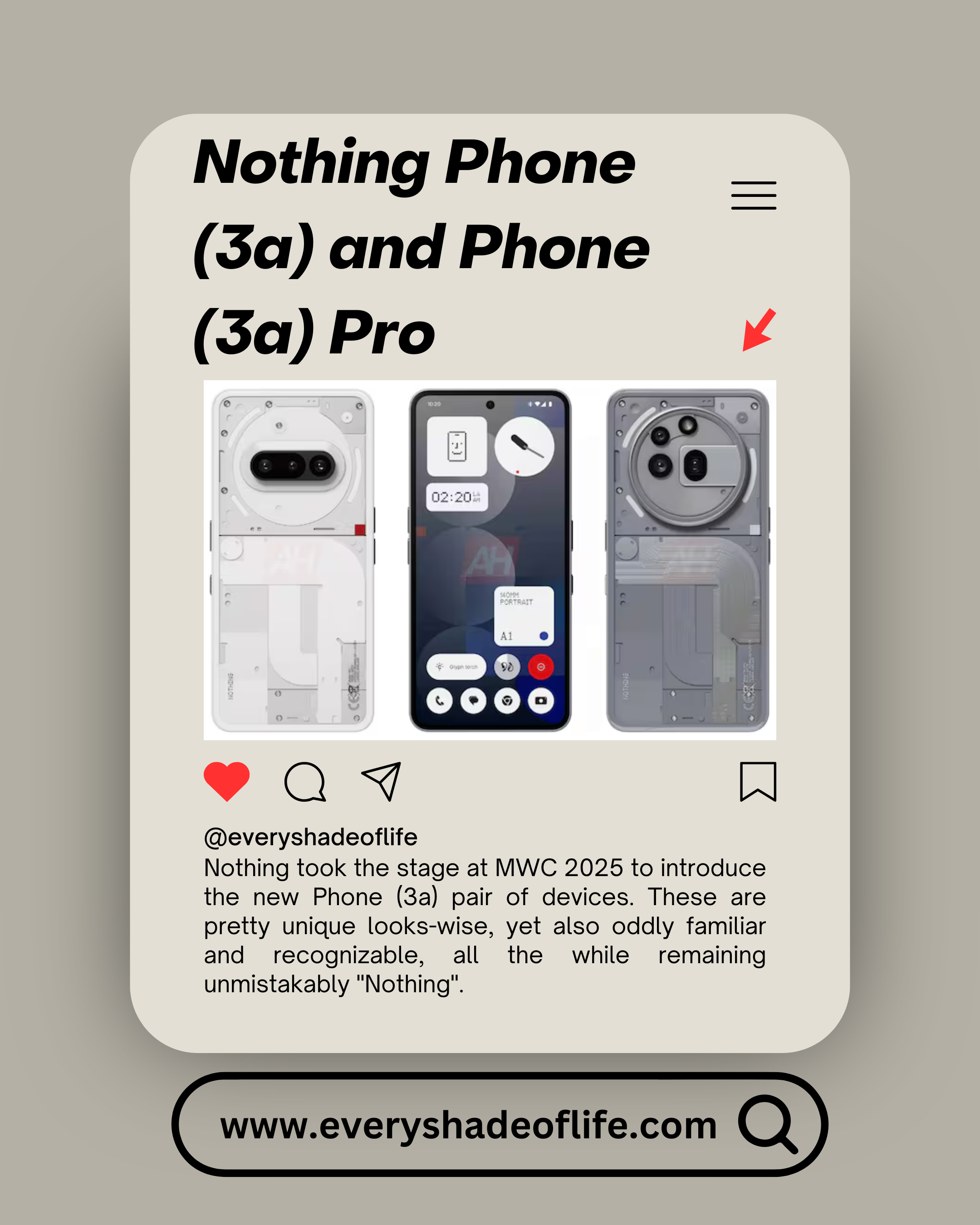Today’s startup culture 2025 onwards, innovation is everything. Agility, speed, and fresh thinking are celebrated as core assets. But beneath the surface of this fast-moving world lies a troubling pattern one that many experienced professionals have quietly endured: companies hiring top talent for their ideas, using their skills to build the foundation, and then cutting them loose once they’ve extracted the value.
The Strategy No One Talks About
Some companies, especially in the early stages, are not looking for long-term partners they’re looking for shortcuts. They seek out experts: developers, marketers, designers, strategists. These professionals bring years of knowledge, proven ideas, and execution capability to the table.
But instead of being appreciated or retained, they’re often shown the door once the core idea, process, or product is built. Their ideas remain, but their presence is no longer seen as essential because the company has taken what it needed.
Why Does This Happen?
- Cost-cutting disguised as “lean operations”: Once a product is up and running, leadership may see experienced professionals as “too expensive” and replace them with junior talent.
- Power consolidation: Founders sometimes feel threatened by employees who know more than them. Once the job is done, they reduce perceived competition by cutting these experts out.
- Short-term thinking: In a race for quick growth or funding, companies may sacrifice culture and long-term talent for immediate wins.
The Human Cost
For the Working professional, it feels like betrayal. You bring your best thinking, help shape a vision, and invest emotionally in the brand only to be discarded once your value has been absorbed. Careers stall. Morale breaks. And trust in startups declines.
What Needs to Change
- Fair contracts: Professionals should negotiate contracts that protect their intellectual contributions whether that’s through equity, royalties, or IP clauses.
- Transparency: Startups need to be honest about their intentions. If the role is temporary, it should be stated clearly.
- Ethical leadership: Founders must realize that talent isn’t just a means to an end. Long-term loyalty and culture are built by valuing not using people.
To the Professionals: Know Your Worth
If you’re an expert being approached by a new company, protect yourself. Ask the hard questions:
- Who owns the ideas?
- What is the long-term vision for your role?
- Are there protections in place if you’re removed after delivery?
And most importantly, don’t confuse being needed with being valued.




